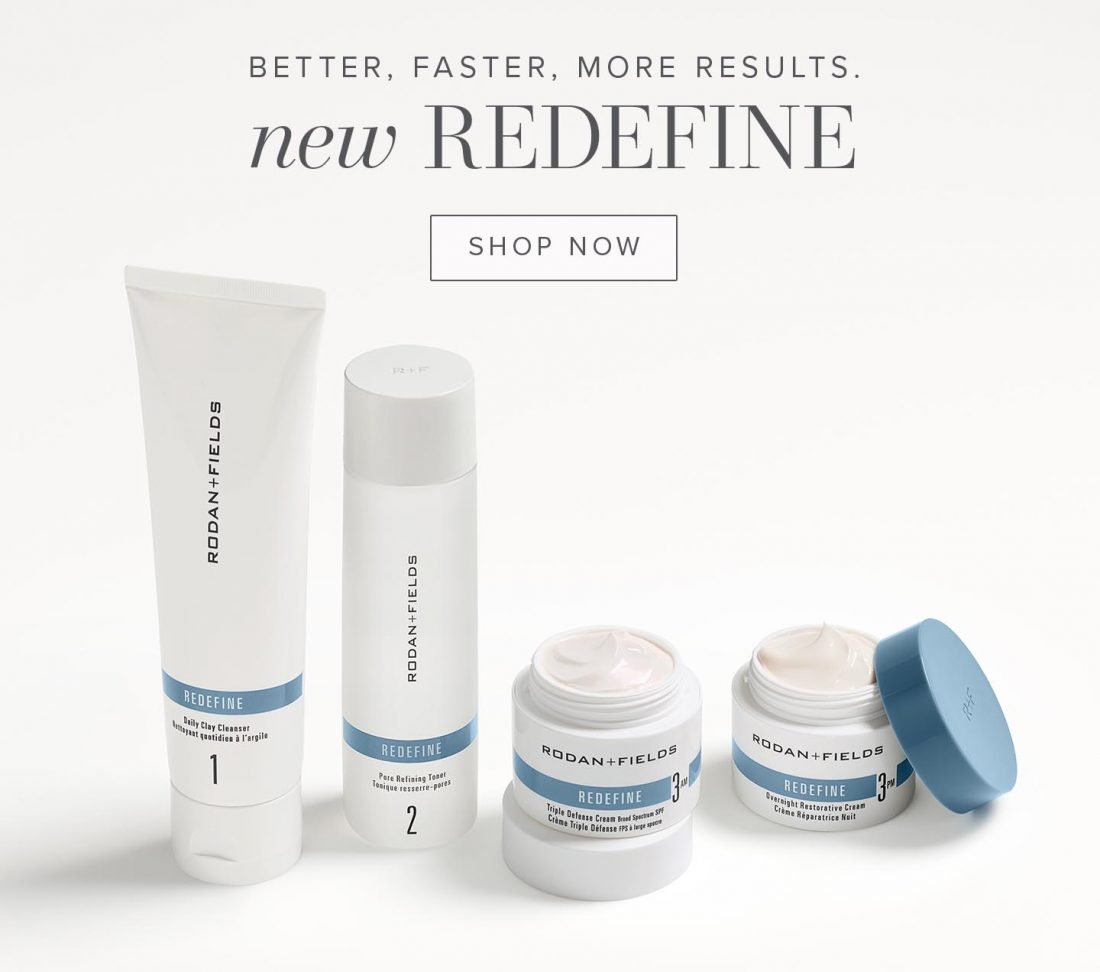Peptides are a trending topic —and for good reason! Known to be powerful for anti-aging benefits, they have a permanent (and celebrated) place in the skincare industry. What do peptides do for skin? When should you use Peptides? And what exactly are they? Let’s break it down.
What are Peptides?
Peptides are essentially short chains of amino acids connected together end-to-end. Amino acids are the building blocks for both Peptides and proteins. But don’t confuse the two. Proteins, like collagen, keratin and elastin, make up the structural elements of your skin and hair, giving the skin it’s physical strength and resilience. Peptides on the other hand carry messages, telling your skin what’s happening.
So, what are peptides in skincare?
If you like to research the science behind skincare, you’ve likely heard about Peptides by now. Peptides have long been used in skincare formulas, and are one of the most buzzed-about ingredients when it comes to your anti-aging skincare routine. As hero ingredients, they are a beauty powerhouse because they have proven to be successful.
Research shows that Peptides, in addition to anti-aging benefits in the skincare realm, can also reduce inflammation and destroy microbes.
In terms of skincare issues Peptides address, they can affect the skin’s firmness, texture and bounce. Think of Peptides as tiny messengers. They trigger your skin cells to perform functions like building collagen and elastin, which can help your skin look and act younger. In other words, Peptides can help your skin look and feel healthy by making sure the structural elements, proteins like Collagen and Elastin, are as they should be. In this way Peptides can be seen as a defense against aging.
Here are the best Peptides for skin.
- Signaling Peptides
The most commonly used in cosmetics, these act as messengers that trigger the synthesis of collagen.
- Carrier Peptides
Link up with other ingredients to help in their delivery to your skin cells.
- Neurotransmitter Inhibitors
Work within the skin to visibly improve fine lines and decrease the appearance of wrinkles.
- Enzyme Inhibitor Peptides
Interfere with the chemicals involved in a specific aging-related process of your skin. i.e., they help stave off collagen loss. These include Soybean Peptides, Silk Fibroin Peptides and Rice Peptides.
- Structural/Keratin Peptides
The fifth type of Peptides are Structural or Keratin Peptides. Typically, pieces oof keratin broken-down into smaller chunks of amino acids, they allow the skin barrier to retain more water to look plumper. Remember amino acids are part of what’s called “natural moisturizing factors”which keep the outer most layer of the skin healthy.
Benefits of Peptides in Skincare
As for benefits of peptides for skin, they are one of the few skincare components that scientists and dermatologists agree make a difference when it comes to combating the signs of aging — wrinkles, fine lines and loss of firmness. Peptides can be a great addition to your skincare routine, even with a skin sensitivity, and offer a range of demonstrable effects on your skin, from making it stronger to giving it more resilience.
Top benefits of using Peptides include:
Improved Skin Barrier Function
Healthier skin function means a more resilient skin barrier, which can be promoted by proper use of Peptides.
Minimized Appearance of Fine Lines
Wrinkles and lines fade with consistent use of Peptides after peels and in conjunction with other anti-aging ingredients.
Healing of Wounds and Skin Scarring
Skin is soothed and regenerated with Peptides, buffing away scars and skin impurities.
Firmer, More Youthful‐Looking Skin¹
Peptides fill fine lines and wrinkles to smooth skin’s surface and promote elasticity.
Increased Hydration
Peptides may encourage collagen production, which leads to a boost in hydration and elasticity.
Anti-Inflammatory Properties
Peptides can block irritating ingredients from reaching your skin, calming your skin and reduce inflammation.
Slower Process of Skin Aging
With the support of Peptides, skin shows less signs of aging and more signs of strength.
More Even, Refined Skin Texture
Skin’s surface is buffed and resurfaced overtime with Peptides, promoting even skin tone and texture.
Bouncier, More Supple Complexion
Skin is plump in all the right places when you add the bounce of Peptides to your pores.
Peptides for Skincare Side Effects
In the world of skincare, creams and ointments applied topically containing Peptides may cause skin symptoms, though they’re unlikely. These side effects can include skin sensitivity, rash and itching. To avoid this, patch-test your skincare first when trying a new product to ensure your skin won’t react to a Peptide-infused product.
How to Choose Skincare Products with Peptides
It’s important to choose the right type of peptide product in order to see results. Depending on the benefit you’re looking for, one of the above five types of Peptides may work better for you to get you closer to your skincare goals. Most products boasting Peptides are formulated to either increase the amount of collagen your cells produce or decrease the amount of it that gets broken down. The ultimate goal is for you to have smoother, plumper, healthier skin. So if you feel your skin could benefit from those outcomes, Peptides are a good ingredient to integrate into your skincare routine.
Check the Label
Cosmetic labeling works in a uniform way and is regulated in the industry. When you look at the ingredients list on your product, the ingredient in the highest concentration is listed first and goes in order of how much of each item is included in the formulation, from most to least. In other words, the predominant ingredient is listed first, the ingredients with trace amounts are last on the list.
Formulation Matters
The vehicles of which you deliver Peptides to your skin matter when it comes to results. Serums and creams are ideal because they stick to and sink into your skin, surging it with the Peptides on impact. Products such as face washes will be less effective because they are on the face for a shorter amount of time and are often made with a light formula.
Peptides Play Nicer With Some Skincare Ingredients Than Others
Peptides work great with things like vitamin C, but not so great with ingredients like AHA’s.
Final thoughts on Peptides for skincare.
Peptides’ benefits go beyond the short-term. With such a long history of being used in skincare, they have stood the test of time and are still recommended by dermatologists. Whether you’re developing a PM or AM skincare routine, it doesn’t matter when to use Peptides. Just choose what time of day works best for you and incorporate them into your daily routine for maximum results.
- https://onlinelibrary.wiley.com/doi/full/10.1111/jocd.12229#:~:text=Signal%20peptides%20act%20as%20messengers,and%20more%20youthful%E2%80%90looking%20skin.





